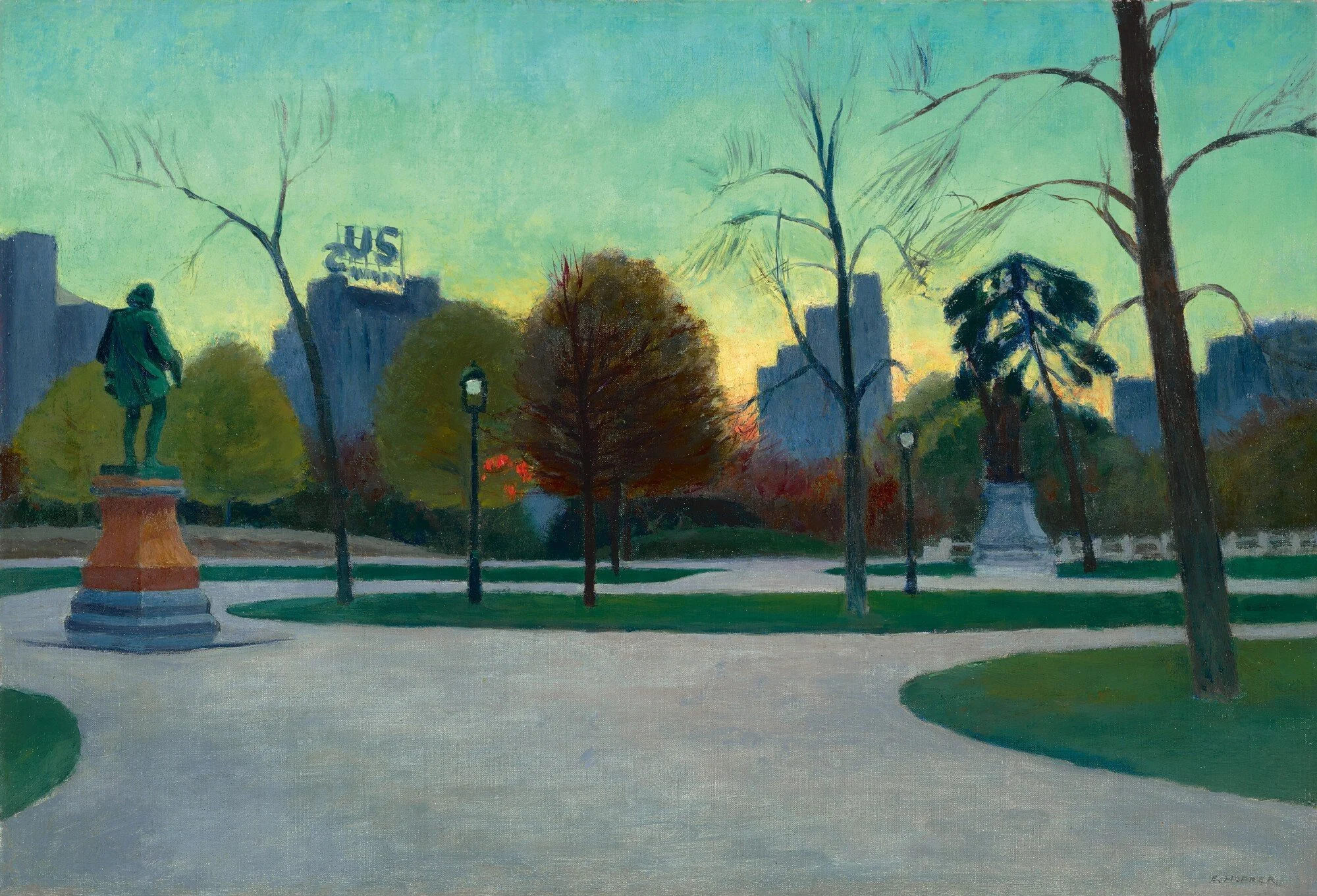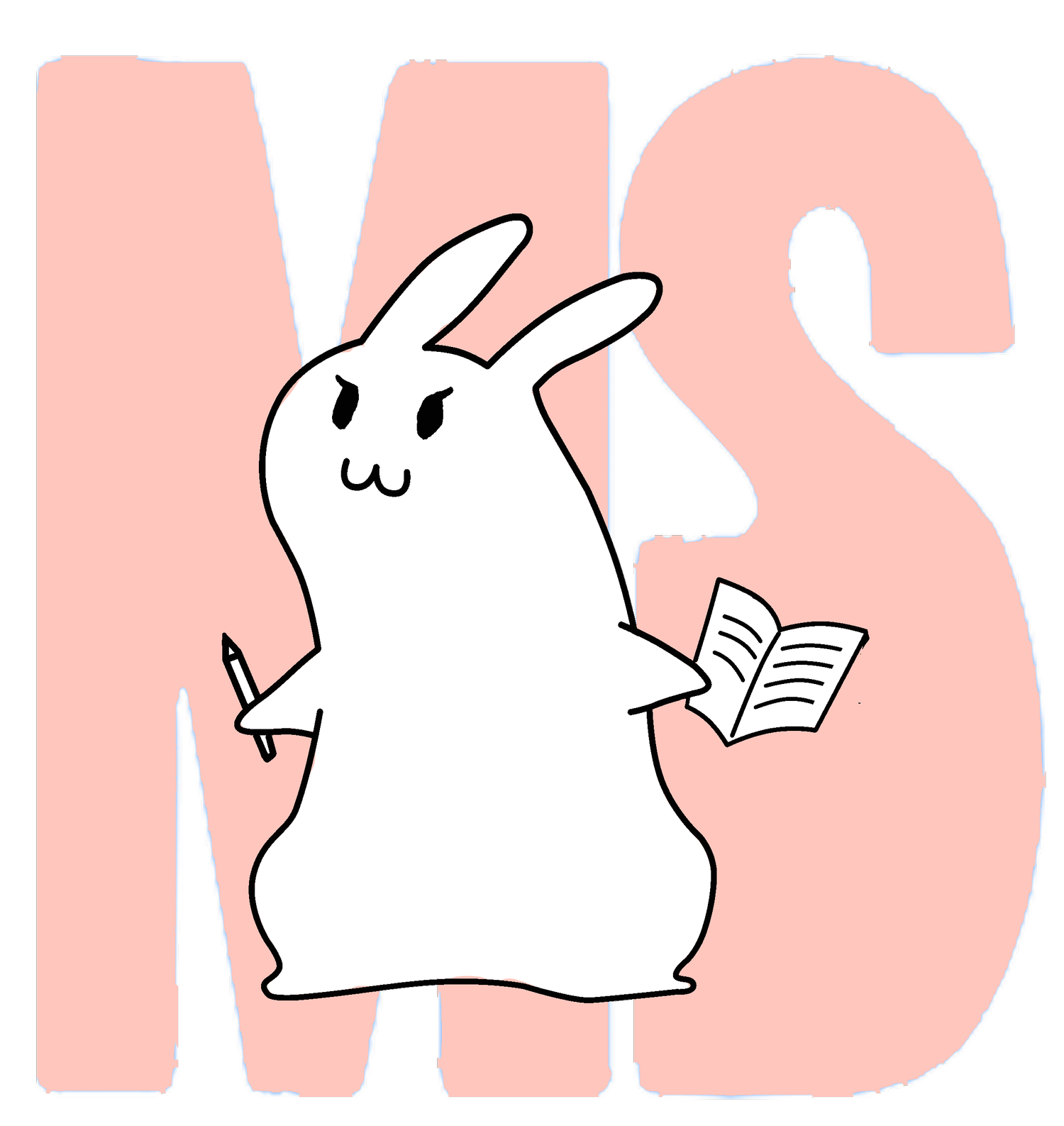snippets from
people watching
-
#1
This relationship is the true denouement of romcoms, the catastrophic landing after the movie ends. Lights up.
Three fascinating things about him:
1. He only texts in lowercase and only writes in capitals.
2. His initials coincide with those of his workplace, tentatively.
3. He reads hearts, but quite mechanically, through waves on a piece of graph paper.
We think of each other as somewhat basic, though I never told him. What does "basic" even mean?
We ended up being a little resentful of each other, just enough to avoid becoming forgetful.
-
#2
This entanglement represents the pinnacle of miscommunication, the epiphanies of many conversations on unproductive weekday afternoons in small, cozy, overcrowded coffee shops, about hearing the exact same word and thinking the total opposites.
Three intriguing things about him:
1. He has very good-looking hands, so he wears rings out of self-awareness.
2. He detests artists but never stops acting as one and despising the rest.
3. He dates out-of-his-league girls, or according to AP stylebook, women.
He once told me Bella Baxter in Poor Things reminded him of me. I later read in a commentary piece, called Poor Descartes, that “Bella roams the world” with “nonchalance and naïveté.”
We used to be each other’s candle lights. Now, we’ve reached a point where we act more like torches, or flashlights on phones—bright as always, yet heartless.
-
#3
This period now defines my standard for a healthy relationship, though now that I have moved to the city, it feels more like Paradise Lost. No one will ever sit on a bench, reading, while waiting for me under the blossoming magnolia in Silliman courtyard, ever again.
Three amazing things about him:
1. When he plays the violin by the window, he reminds me of Sherlock Holmes. But he doesn’t like Sherlock, nor does any guy that I’ve ever dated—why?
2. He doesn’t like horses, either. “It’s a masculinity thing,” I said.
3. He’s a great editor—extremely well-read, never intending to make use of his talent in creative writing.
Sometimes his face rises up in my head as a personification of elitism.
-
#4
This moment will go into my fiction one day, I thought to myself for the rest of the night.
“Hey, want a taste?”
I blinked. He leaned over, his eyelashes almost fluttering onto my cheeks. He lowered his head as I raised mine, and we kissed. Smoke drifted into my mouth, warm and sweet, then danced, twirled, glided away.
“Is that watermelon?”
“Some sort of melon,” he mumbled, pulling out his cigarette case. “Don’t know which kind.”
-
#5
This imagery stems from my never-ending reading of “Dream of the Red Chamber.” I’m deeply convinced that synesthesia occurs in the literary world. When the visual is evoked, the tactile tags along.
He had emerged from a shade of gray, like ashes—warm, mild, and detached. He must have been burnt in hot, bright flames, then willingly buried his past into oblivion.
His eyes gleamed in fervor, like bursts of flames. Limpid moonlight caressed our bodies, tenderly, along the edge of his blowing curtain. I wondered if I had become a dewdrop, glistening on a soft petal, ready to melt into the night. Maybe I was evaporating. Maybe when he burnt himself into ashes, I would vanish into thin air.
-
#6
Overheard in the Morning Heights Blue Bottle: Two girls are petting an old man’s dog. He asks where they go to school. “We go to Columbia. We don’t go to Barnard,” one of them says.
Seen in the Penn Plaza Blue Bottle: A young couple is fighting, silently. Their tension blends into the air, forms a bubble, covers their table, and shields them from the usual crowd of professional coffee chats. His neck is covered in hickeys, which makes him look truly like a strawberry. Is that why they’re fighting?
notes on craft
from #1
Our story fits my journalism professor’s definition of a “narrative,” emphasizing the timeframe. We first met in college, five years ago. The present is the primary timeline, and our “time lost” is the secondary, panning behind us. I love a story where timelines inexorably entwine. “Narrative writing manipulates a ticking clock,” said my professor.
from #2
Journalism doesn’t pass judgment, but opinions exist, only conveyed subtly. For a character with tension internal to his very being, simply juxtaposing his words and actions, or even quotes across time, would do the job. The question remains: how to excavate the tension and properly showcase it?
from #3
The process of getting to know someone parallels crafting a story—things only reveal gradually, with an arc, bearing both intimacy and universality.


